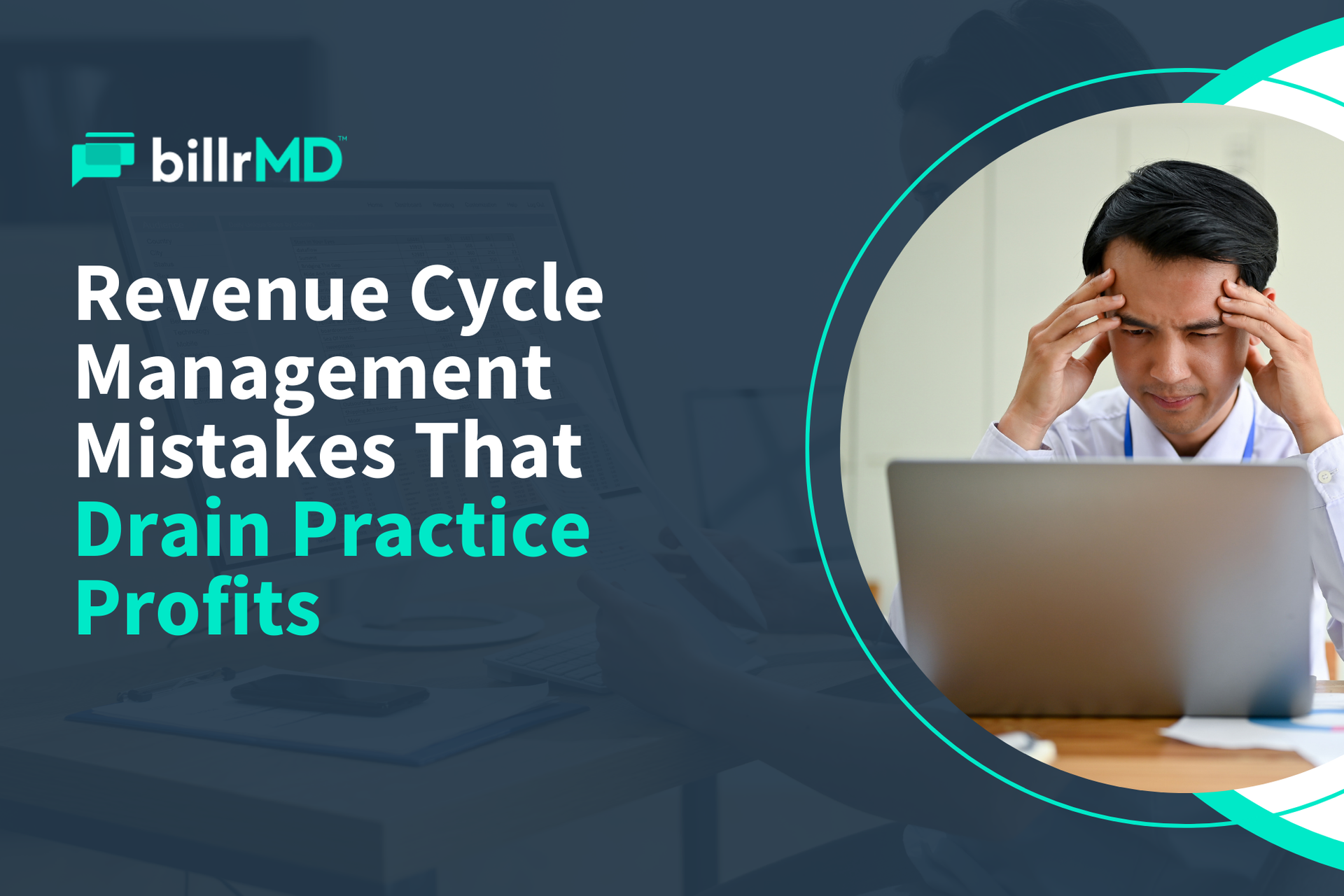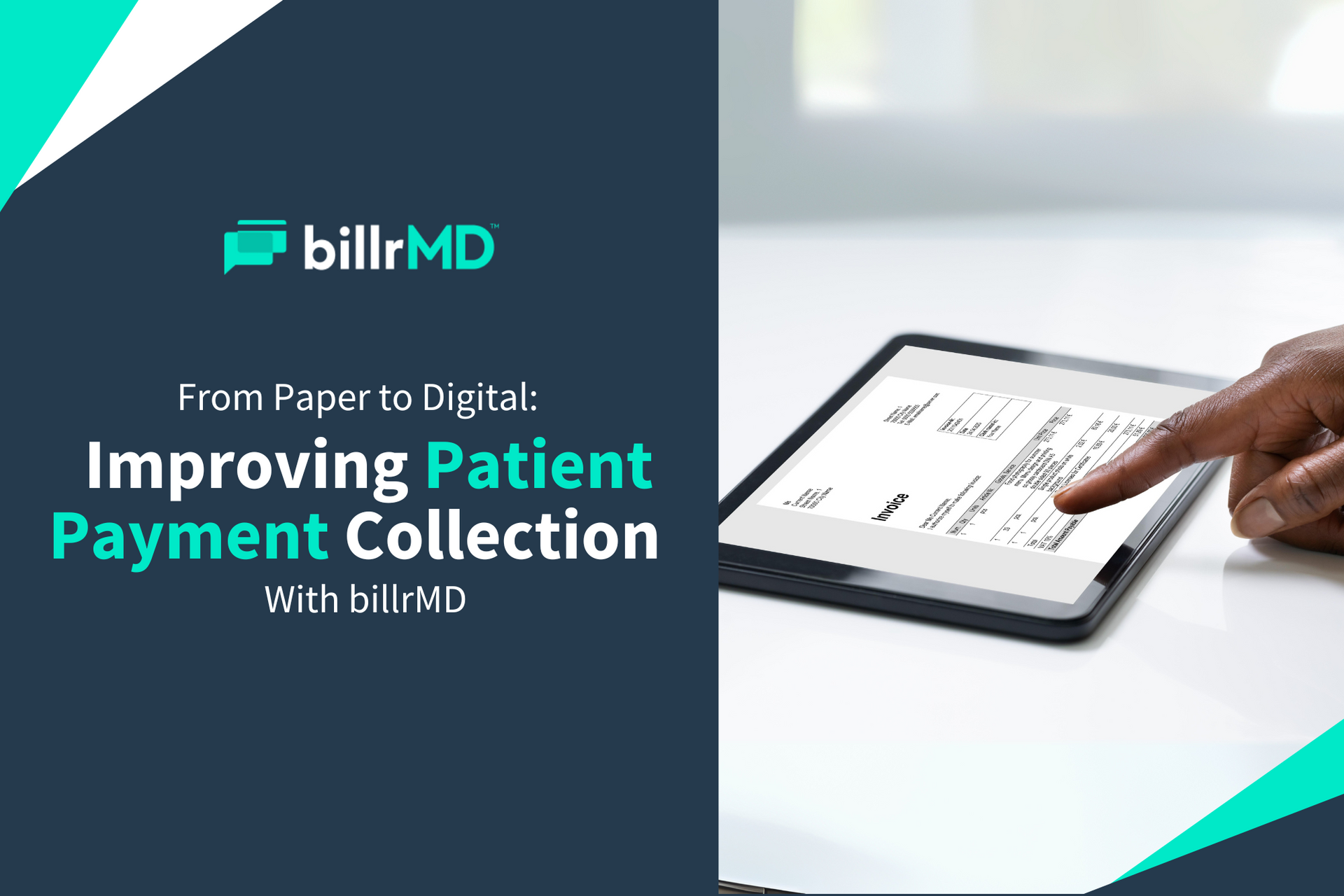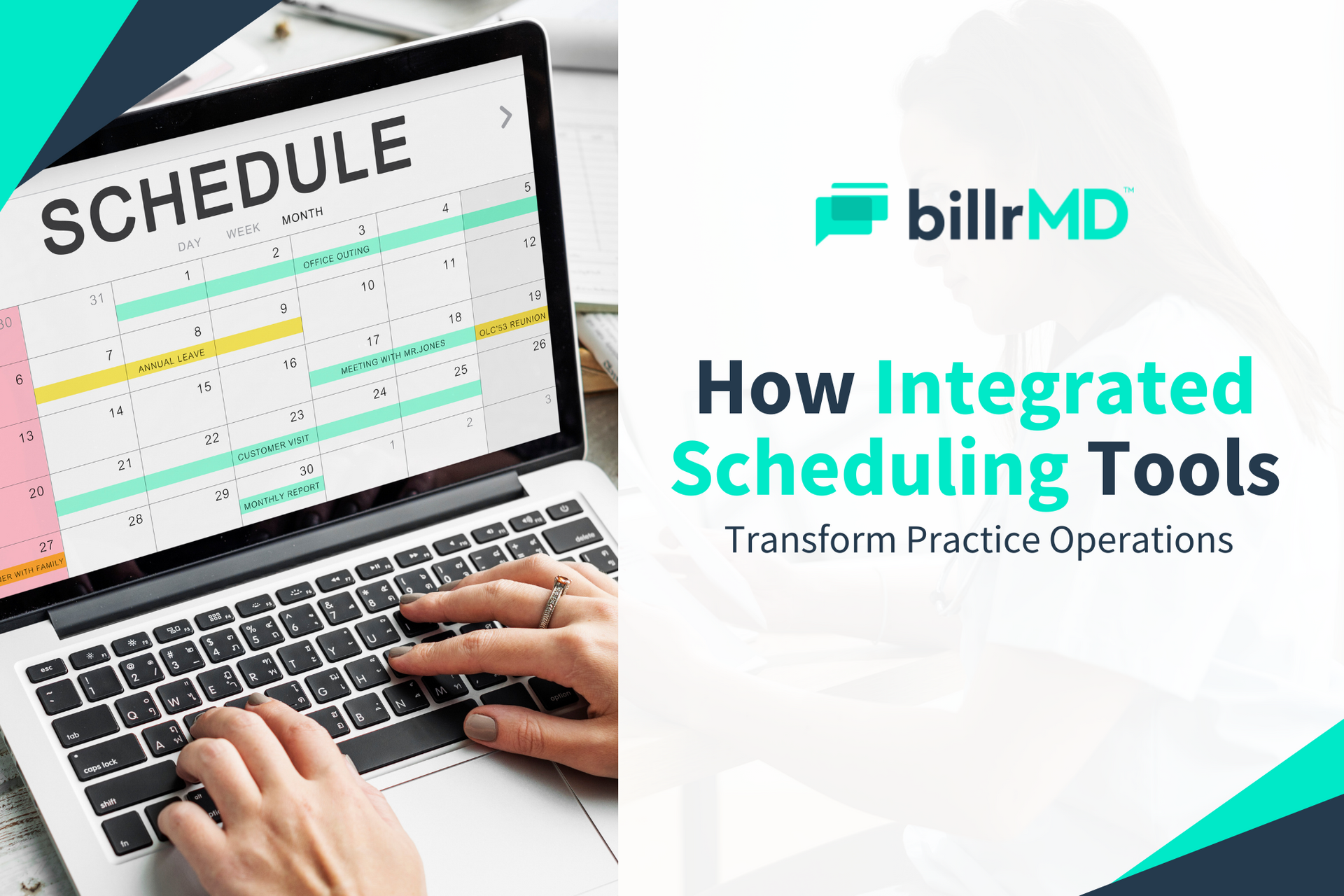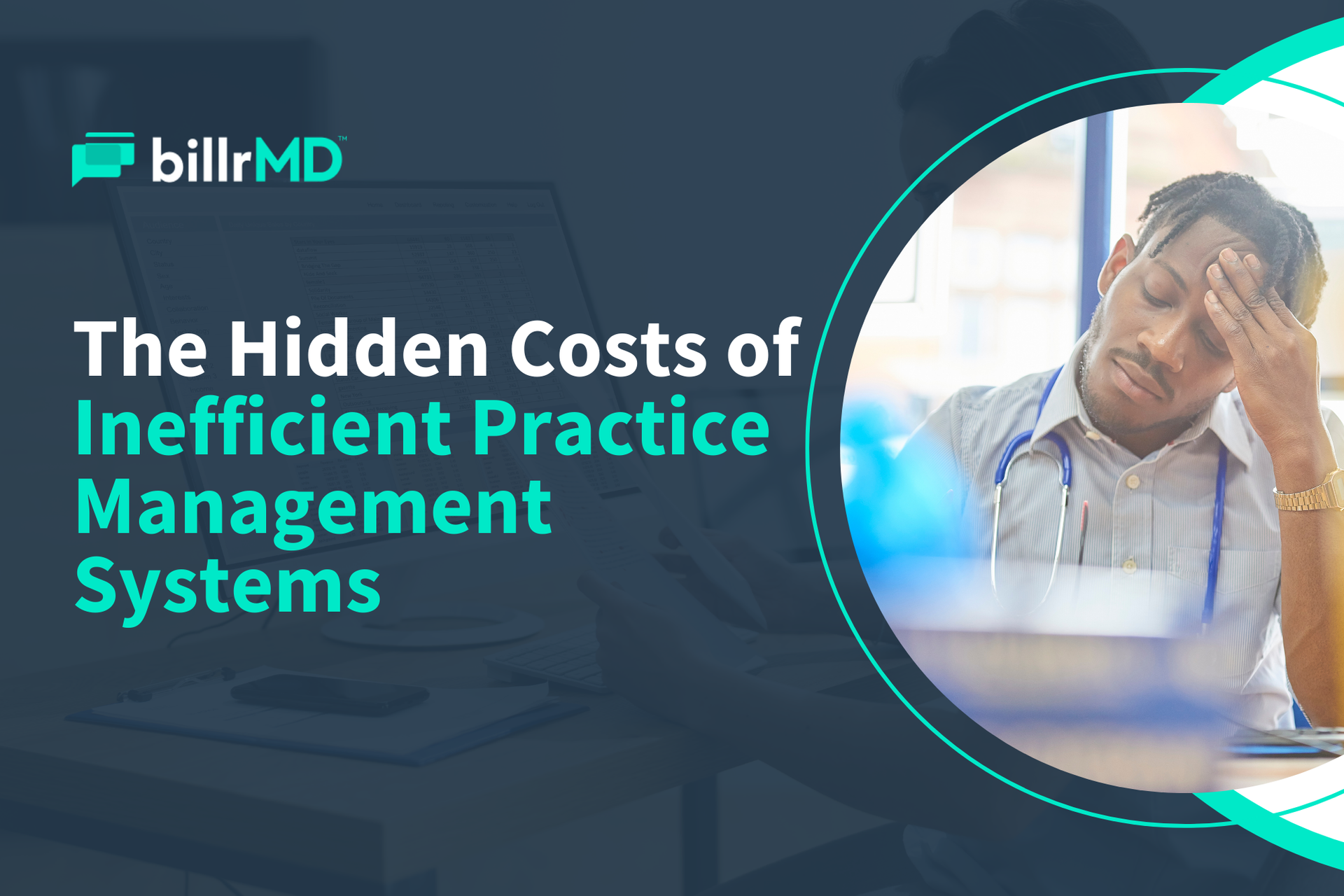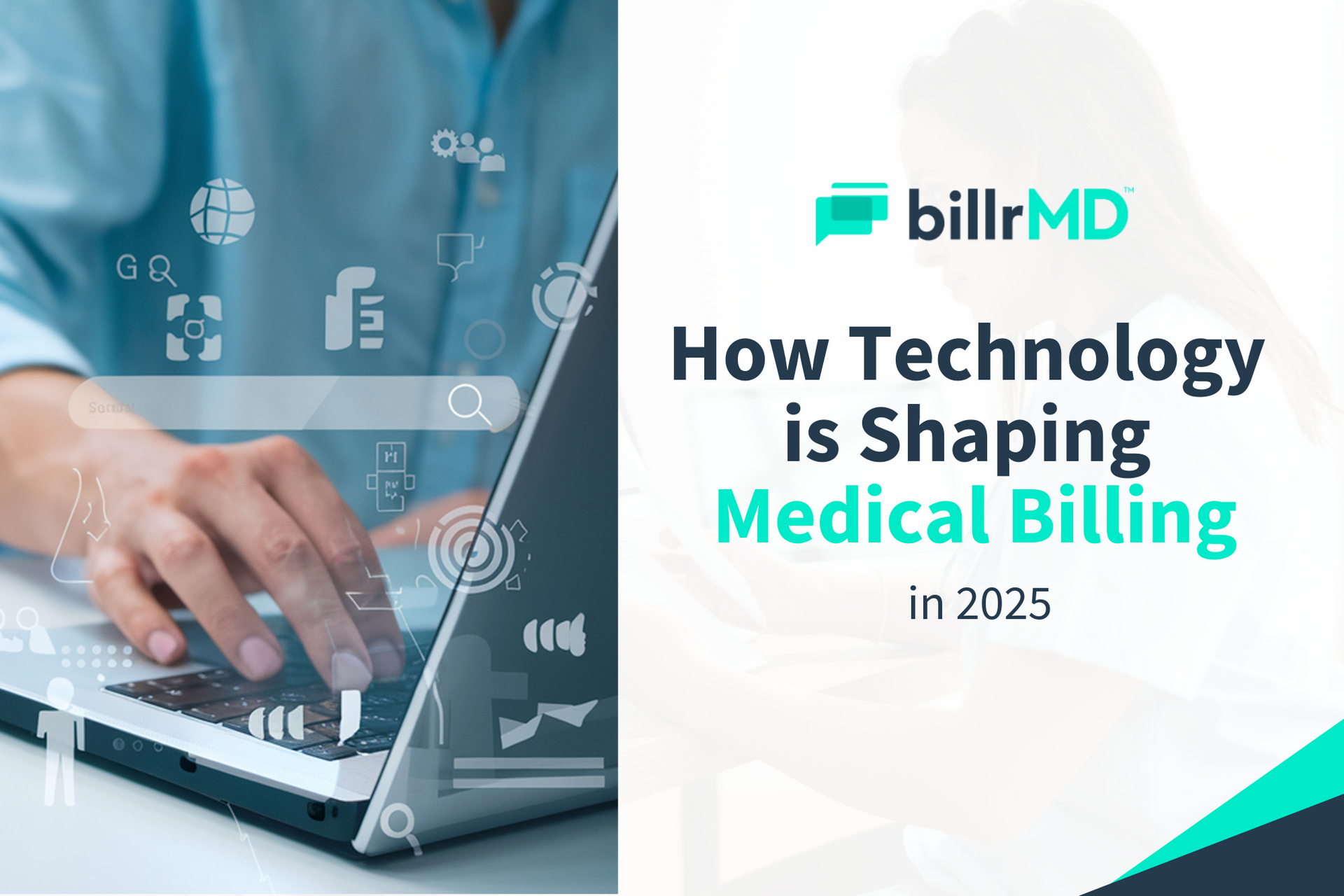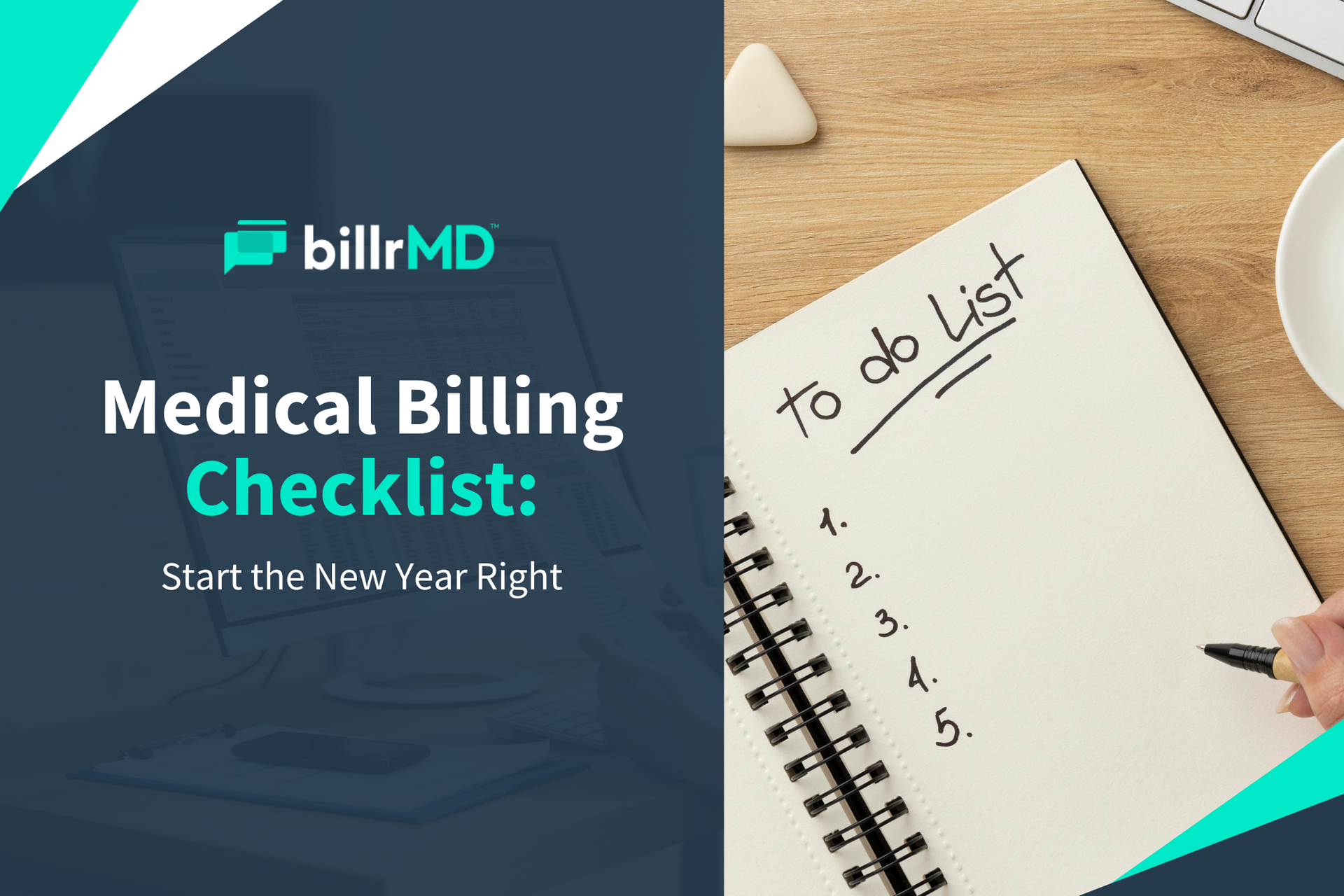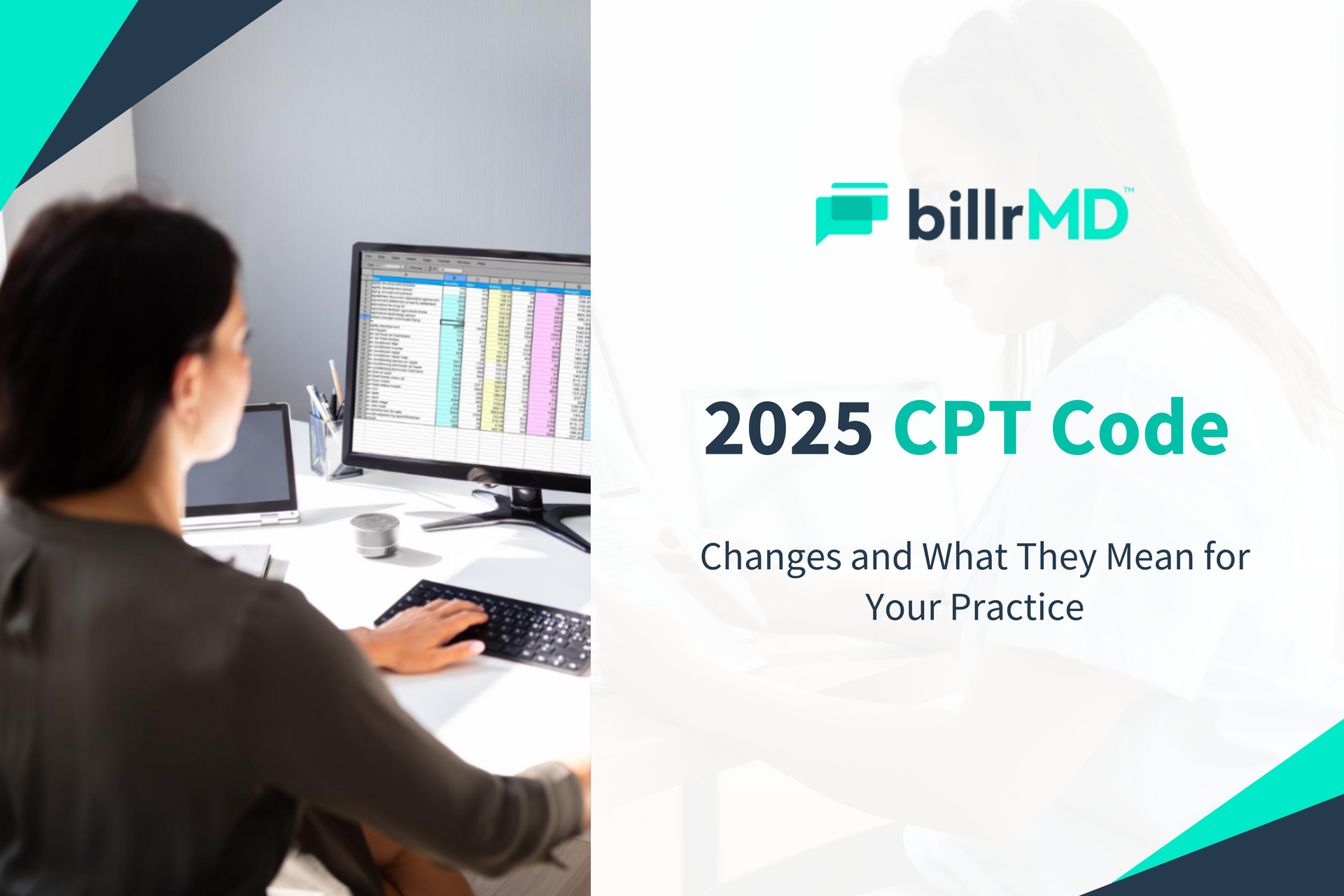Medical Billing Software Comparison: What’s Right for Your Practice?
The US is among the leading nations hounded by escalating medical billing and administration expenses worlwide. Healthcare professionals grapple with finding the perfect medical billing software that can help save time, money, and a lot of unnecessary headaches.
In an industry where billing and administration complexities substantially contribute to rising healthcare costs, choosing the right medical billing software poses a difficult challenge.
In this blog, we’ll compare different medical billing systems and guide you in determining the best fit for your practice’s success.
Types of Medical Billing Systems

Understanding how you manage your billing processes can affect your operational costs. There are primarily two methods: cloud-based and on-premise systems. Each system has unique benefits and impacts within the broader healthcare structure.
On-Premise Systems
Traditionally, on-premise medical billing systems involve housing servers, software, and infrastructure within the healthcare facility's premises. This model emphasizes direct control and oversight but comes with inherent challenges.
- Control and Customization
This system allows for greater control over infrastructure and customization of the billing system to specific organizational needs.
- Data Management
Provides a sense of security as sensitive patient information remains within the confines of the organization.
- Potential Higher Costs
In-house billing involves higher initial setup costs, ongoing maintenance, and staffing requirements compared to cloud-based solutions.
- Limited Accessibility
This type of system often lacks the flexibility of remote access and may face challenges in scalability.
Cloud-Based Systems
Cloud technology has revolutionized various industries in recent years, and healthcare is no exception. Cloud-based medical billing systems operate on remote servers accessible through the Internet, allowing seamless data management and billing processes from any location with Internet connectivity.
- Accessibility
The system enables you to access the system remotely, fostering flexibility and convenience in managing billing tasks.
- Scalability
Manage resources based on your evolving needs without significant infrastructure changes.
- Cost-Efficiency
Often operates on subscription-based models, reducing upfront costs and maintenance responsibilities while providing regular updates and support.
- Security Measures
Cloud-based systems utilize advanced encryption and compliance with healthcare data protection regulations to ensure data confidentiality and integrity.
From Chaos to Clarity: How Medical Billing Software Companies Transform Healthcare

Through medical billing software, tech companies make significant contributions to healthcare spaces. Medical billing software sorts patient information, deals with insurance details, and manages medical histories well. It also translates medical data into codes for accurate billing.
What's great is that it offers valuable insights to optimize your financial operations through advanced analytics and reporting capabilities. These insights pave the way for smarter decision-making, helping healthcare institutions manage resources more effectively and improve overall patient care.
And they do more than just billing – some also handle scheduling appointments, making everything run smoother. Medical billing software makes processes accurate, fast, and financially sound in healthcare offices.
Read More: Medical Billing for Specialties: Best Practices for Different Healthcare Fields
Factors to Consider When Choosing Medical Billing Software

Deciding on the right medical billing software means ensuring it fits your healthcare office's needs and future goals.
Read More: 5 Key Features to Look For in Insurance Billing Software
Practice-Specific Requirements
Different practices have unique needs, ranging from managing patient data to handling claims efficiently and streamlining billing processes. Identifying these needs helps in choosing software that caters precisely to those requirements.
Scalability and Flexibility
Opt for software that can grow with your practice. As your practice expands, the software should accommodate increased data, users, and functionalities without significant overhauls.
Integration Capabilities
Your chosen software should easily integrate with current systems like electronic health records (EHRs) or practice management software to avoid disruptions in operations.
Compliance and Security
Ensure the software meets all regulatory standards like HIPAA compliance to safeguard patient data. Robust security features are essential to prevent data breaches and maintain confidentiality.
Read More: How to Increase Healthcare Data Security at Your Medical Practice
Cost Analysis
While seeking quality, it's important to balance costs. Assess the software's pricing structure, including installation, training, and maintenance expenses, to align with your budget without compromising critical features.
Picking the right medical billing system means taking a close look at those factors we talked about earlier. It's also essential to check out options from trustworthy medical billing software companies that meet these criteria. Carefully considering these aspects allows you to make smart choices that boost efficiency, security, and long-term success.
Transform Your Practice with Powerful Medical Billing Solutions

Many medical billing software companies aim to achieve what billrMD can do today. Its intuitive interface, customizable features, and robust support system stand out. This software streamlines billing processes, reduces errors, and boosts revenue generation, enabling you to focus more on patient care.
Consider exploring billrMD through a free trial or demo to experience firsthand how it can transform your practice's billing efficiency and overall success. Embrace the difference that billrMD brings to elevate your practice today.
Recent Posts
One software for all your practice management needs.
billrMD | All Rights Reserved.
billrMD | All Rights Reserved.

